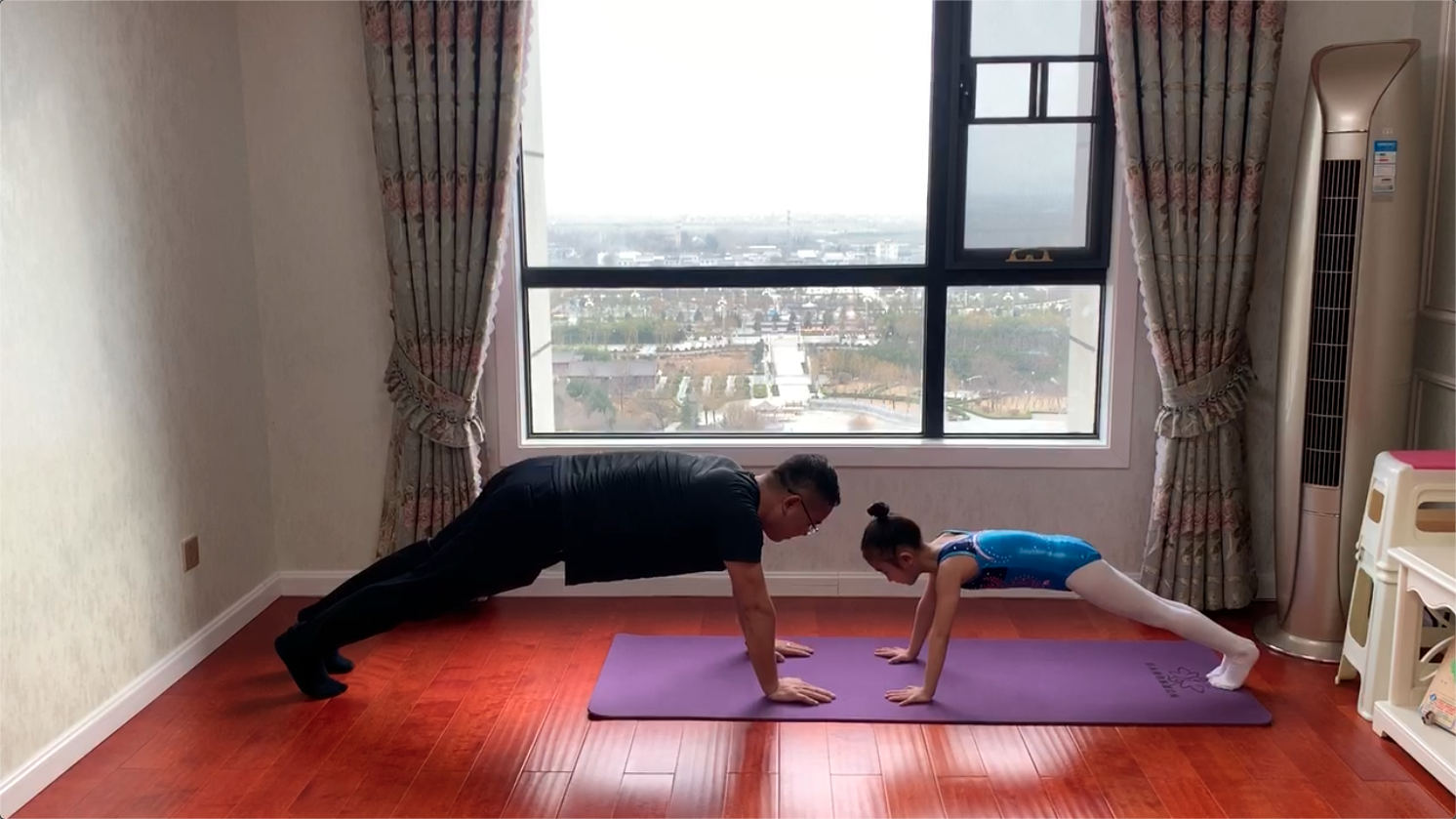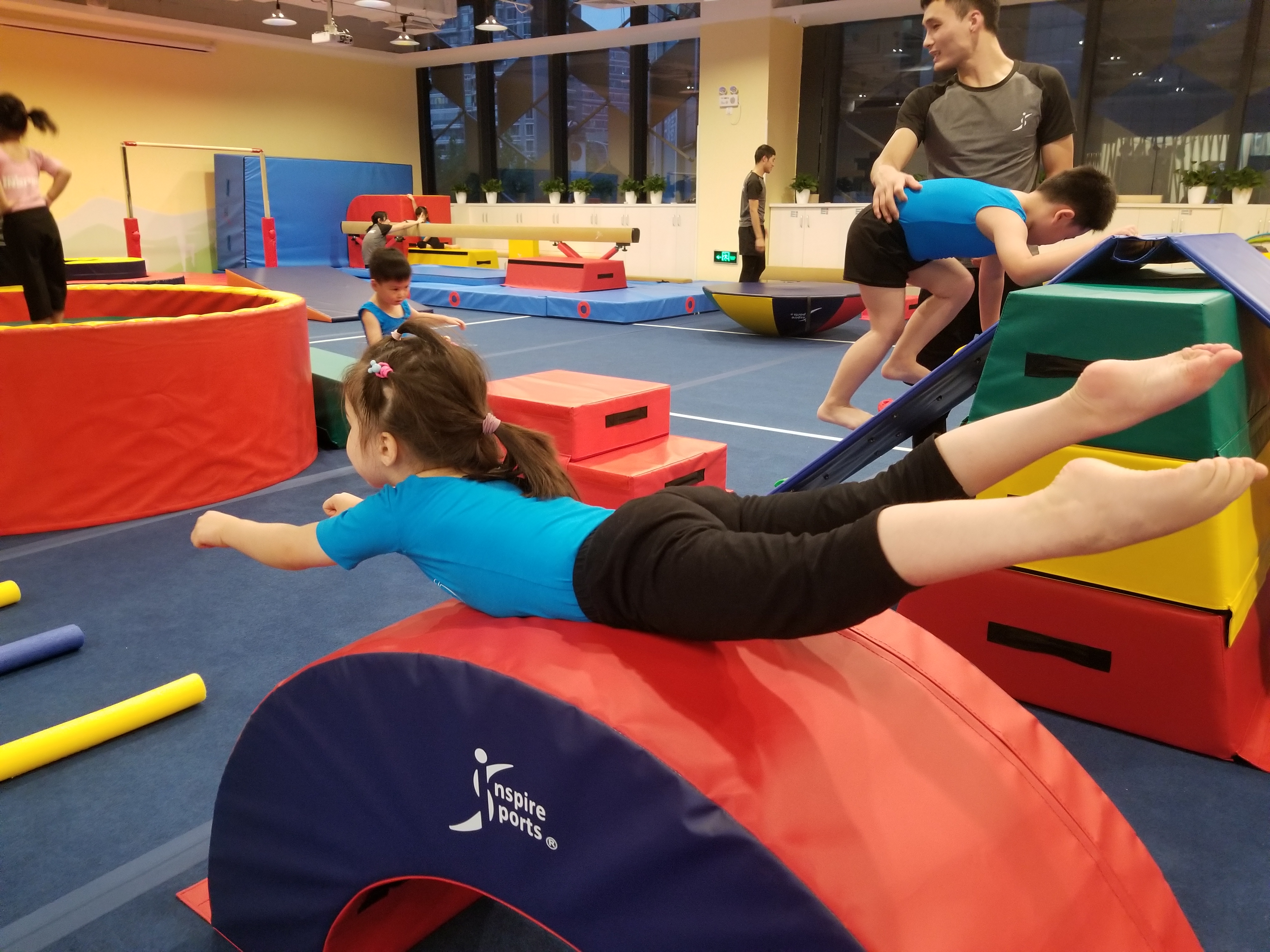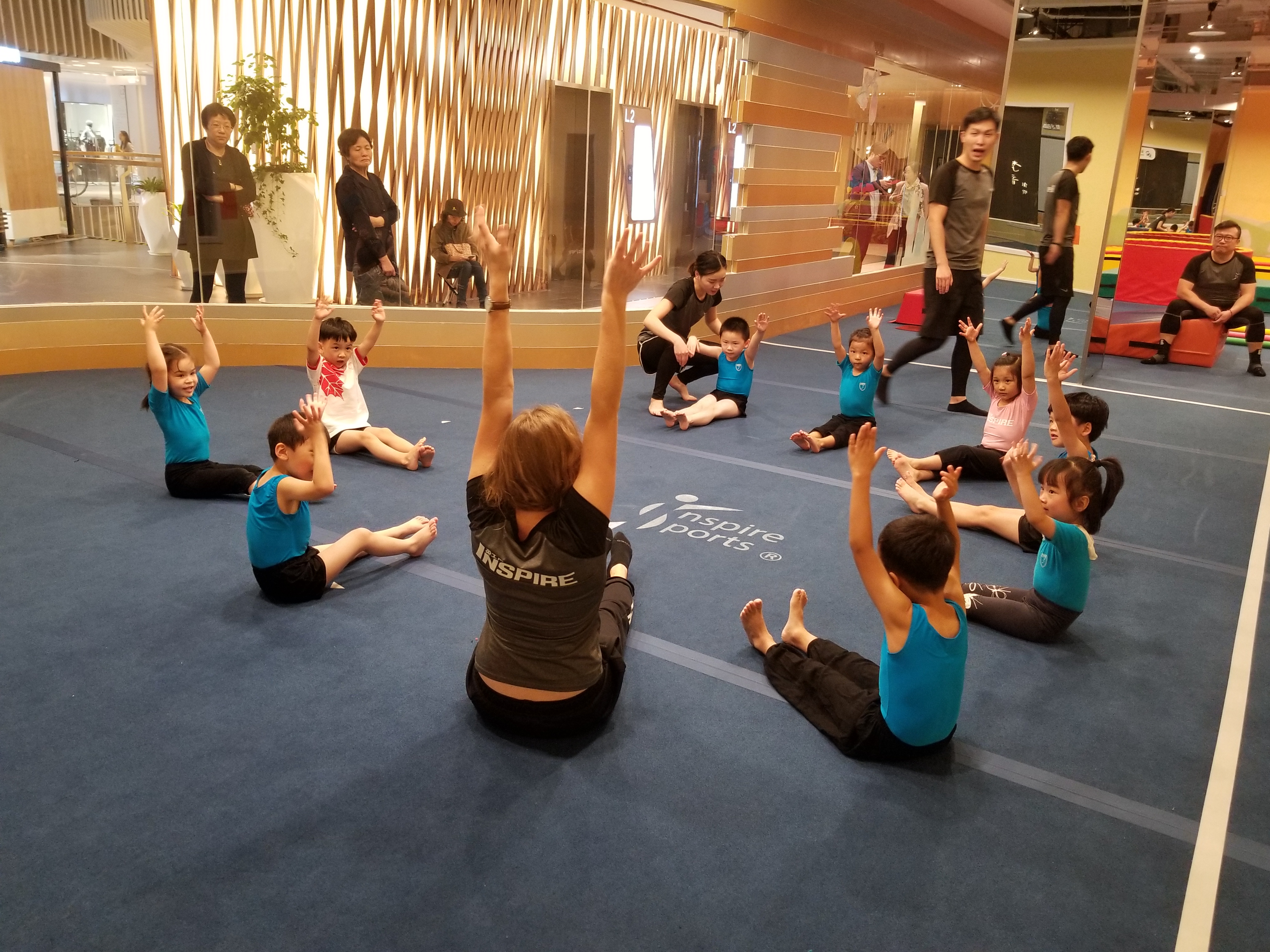Health awareness may stimulate the further development of physical education.
It is learned that the youth fitness training institution “Insbo” has recently completed tens of millions of yuan in Series A financing, and the leading investor is Japan SBI Group (formerly SoftBank Investment).
InBev was founded in Canada and entered the Chinese market in 2013. It combines the resources of Olympic champions such as Li Ning and Li Xiaoshuang and well-known international sports academic experts, introduces sports education theories, and does physical fitness training for children. It provides a combination of offline + online sports mode through the big data of youth physical examination.
At present, InBev’s business covers China, Japan, the United States, Canada and many other countries, and currently has 7 offline training venues in Jiangsu, Zhejiang, and Shanghai. In addition to the main children’s sports training, InBev’s business also includes sports brand consignment, coach training, sports technology, and event exchange. It also hosts many large-scale events every year, including the “Happy Gymnastics” network recently organized by the State Sports General Administration. The competition, covering 25 provinces and municipalities and municipalities across the country, radiated more than hundreds of thousands of people across the country.

“Happy Gymnastics” network competition
Children’s sports training has reported on companies such as Skyline, Niu Niu Growth, Bingo Sports, Music Champion, Waka Planet, etc. Compared to K12, quality education, especially sports training, is in a more decentralized market and companies have not yet emerged as heads.
Insights has been more professionally endorsed from the beginning. The founder Cheng Liang was a member of Li Xiaoshuang’s team in the National Gymnastics Team. After retiring in 1998, he led the Canadian National Team to participate in the three Olympics. He combined professional athlete training methods with children’s fitness training, and independently developed a scientific physical fitness training system, KPL (Kids Physical Literacy).
This curriculum system takes 2-15 year olds and children as the core target group, combines the relevant data of the child’s physical literacy development cycle, and uses FMP (basic action mode) and MCP (athletic performance) training as the basic means , Training teenagers in various sports performance, such as FMPs including bouncing, landing, moving, etc., MCP includes agility, balance, coordination, speed,Strength, flexibility and more.

In the early years, InBev spent a lot of time on curriculum content and data platform R & D , and its curriculum system has also been recognized by the State General Administration of Sports. This curriculum system and many Institutional competitions were eventually selected and published as gymnastics training materials. At the same time, InBev has also become a training organization for industry coaches and an exclusive partner of the gymnastics management center.
When it comes to gymnastics, it sounds like professional sports, but generalized gymnastics training can improve children’s sports performance in multiple dimensions, especially 3-8 years old is the basic period of adolescent physical development It is also a golden period for the development of various physical functions such as coordination, balance, flexibility, speed, endurance, etc. Based on this, InBev’s courses are mainly aimed at children aged 3-8, supplemented by parent-child sports before the age of 3, and special sports training after the age of 8 (such as rock climbing, parkour, trampoline, cheerleading, etc.) class). The course has gradually progressed from basic safety protection to integration of athletic ability, enhanced skill training, etc. There are 5 different levels.

According to co-founder Cheng Kai, Insmar ’s venues are mainly 500-square-meter stores, mostly located near shopping malls, stadiums, and communities with a certain economic strength. Course packages are sold on an annual basis, and most of the customers are from peripheral users and members ’word-of-mouth recommendations (more than 40%), and the renewal rate is also over 70%. A single store of 400 members can achieve profitability The investment return cycle is around 14-16 months.
Affected by the epidemic, offlineThe experience-based sports training industry has been hit hard. Many training institutions, including InBev, have closed all venues. Financing before the outbreak was very timely. Cheng Kai said that Insbo also experienced a period of zero offline income, but during this period, the company also opened the original online courses for members and conducted online remote guidance. After the epidemic, parents’ attention to children’s health may become a new opportunity to stimulate the further development of physical education.